According to the Bureau of Labor Statistics (BLS), projected job growth in addictions and recovery is much faster than in other fields. The BLS also reports that the median pay of counselors in addictions and recovery is $49,710 per year, with the top 10% earning more than $82,710.
The average tuition and fees for graduate degree programs is $12,596 at public universities and $28,017 at private universities. It can take between one to three years to earn this degree.
Why Trust Us
The Intelligent.com Higher Education Team is dedicated to providing students with independent, equitable school and program rankings and well-researched resources. Our expert-driven articles cover topics related to online colleges and programs, paying for school, and career outlooks. We use data from the U.S. Department of Education’s College Scorecard, the National Center for Education Statistics, and other reputable educational and professional organizations. Our academic advisory team reviews content and verifies accuracy throughout the year for the most current information. Partnerships do not influence rankings or editorial decisions.
- Analyzed over 2,000 national, accredited, and nonprofit colleges and universities
- 800+ rankings pages are reviewed and updated yearly
- Content is informed by reputable sources, surveys, and interviews with academic advisors and other experts
- Over 100 data points are reviewed for accuracy and quality throughout the year, including sources
How we rank schools
Our list features the best online Addiction and recovery degree programs at top colleges nationwide. Each school featured is a nonprofit, accredited institution — either public or private — with a high standard of academic quality for post-secondary institutions.
We evaluated each school’s program on tuition costs, admission, retention and graduation rates, faculty, reputation, and the student resources provided for online students. We collected data from trusted sources like the National Center for Education Statistics, individual school and program websites, school admissions counselors, and other data sources. Then, we calculated the Intelligent Score on a scale of 0 to 100 based on the following criterion:
Academic Quality:
- Admission rate versus enrollment rate
- Retention rate of students who return after year one
- Accreditation status (regional and programmatic)
- Nonprofit status, both private and public institutions
Graduation Rate
- Overall graduation rate
- Total number of currently enrolled students, including diversity metrics
- Student-to-faculty ratio
Cost and ROI
- In-state and out-of-state per-credit tuition rates and fees
- Required credits to graduate
- Earning potential after graduation
- Availability of federal student loans, scholarships, and other financial aid options
Student Resources
- Available student services for online-only and hybrid programs
- On-campus amenities like tutoring centers and the number of libraries
Read more about our ranking methodology.
Best 10 Accredited Online Master's in Addictions and Recovery Programs
FiltersInstitution Type
Status
- Intelligent Score
- Alphabetically By University Name
- Acceptance Rate
- Enrollment
- In-state Graduate Tuition
- Out-of-state Graduate Tuition
- In-state Undergraduate Tuition
- Out-of-state Undergraduate Tuition

Liberty University
Intelligent Score: 99.44In-state: $14,791
Out-of-state: $14,791
In-state: $7,935
Out-of-state: $7,935
SAT: 1040-1250
ACT: 21-29
$565
Online
Southern Association of Colleges and Schools Commission on Colleges
48
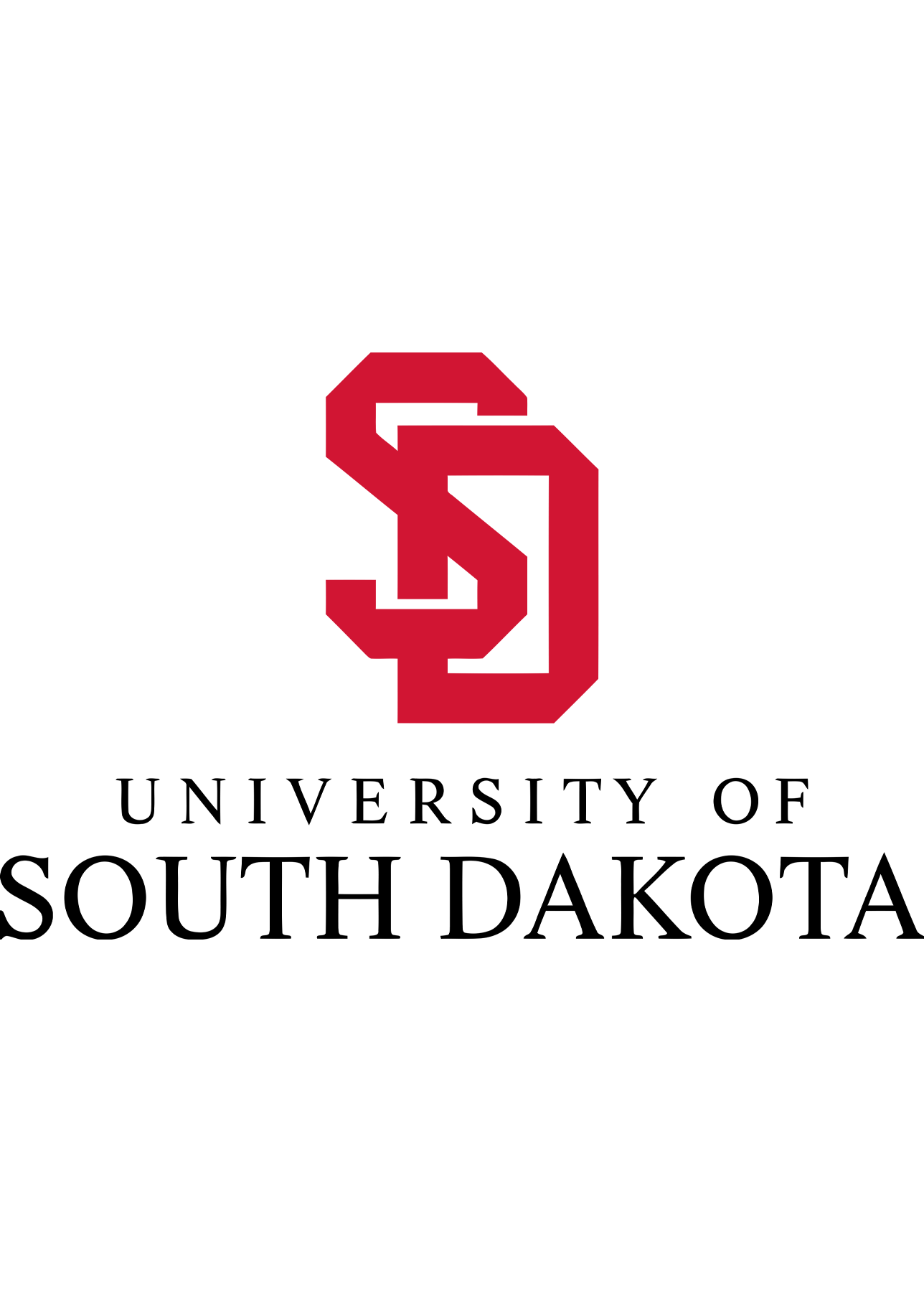
University of South Dakota
Intelligent Score: 98.52In-state: $7,697
Out-of-state: $11,172
In-state: $6,062
Out-of-state: $6,062
SAT: 1000-1245
ACT: 20-25
$470
Online
Higher Learning Commission
33-45
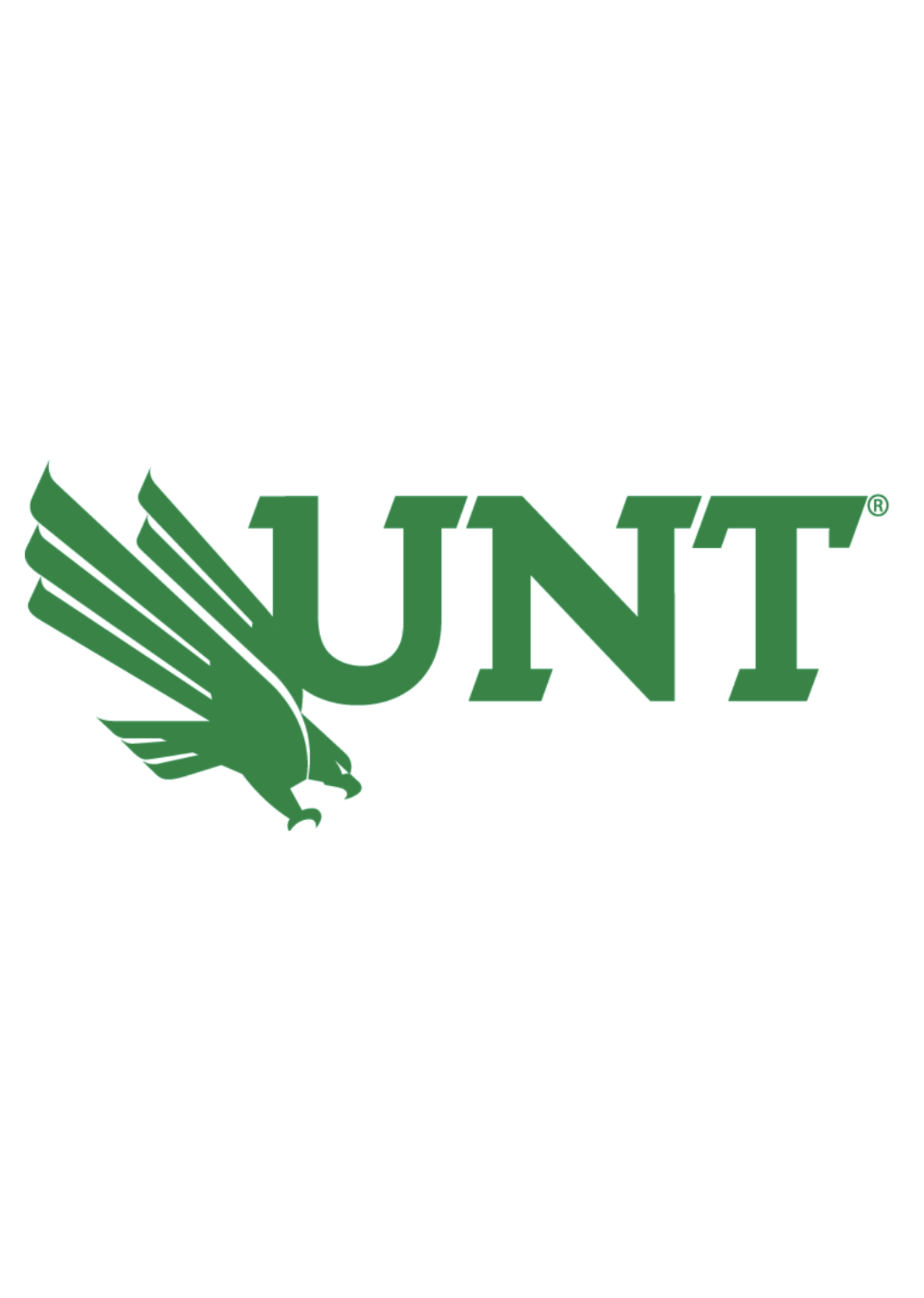
University of North Texas
Intelligent Score: 98.22In-state: $8,295
Out-of-state: $18,111
In-state: $6,350
Out-of-state: $6,350
SAT: 1050-1240
ACT: 20-27
Resident: $353
Non-Resident: $570
Online, On-Campus
Council for Accreditation of Counseling and Related Educational Programs
60

University of the Cumberlands
Intelligent Score: 97.49In-state: $9,875
Out-of-state: $9,875
In-state: $4,282
Out-of-state: $4,282
SAT: 930-1140
ACT: 19-24
$499
Online
Southern Association of Colleges and Schools Commission on Colleges
30
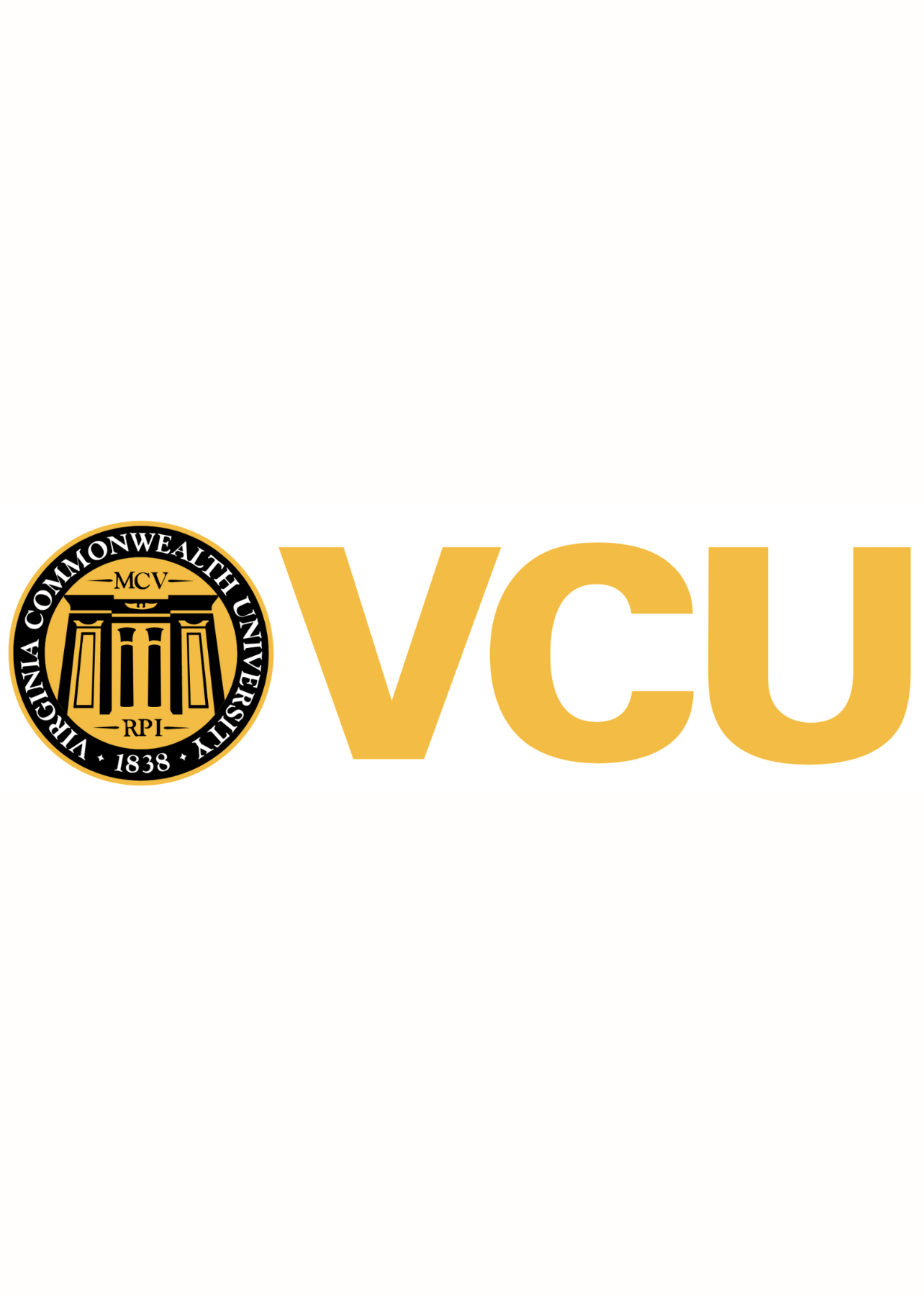
Virginia Commonwealth University
Intelligent Score: 97.45In-state: $12,179
Out-of-state: $32,827
In-state: $12,703
Out-of-state: $12,703
SAT: 1060-1250
ACT: 21-28
Resident: $765
Non-Resident: $1,572
Online
Southern Association of Colleges and Schools Commission on Colleges
36
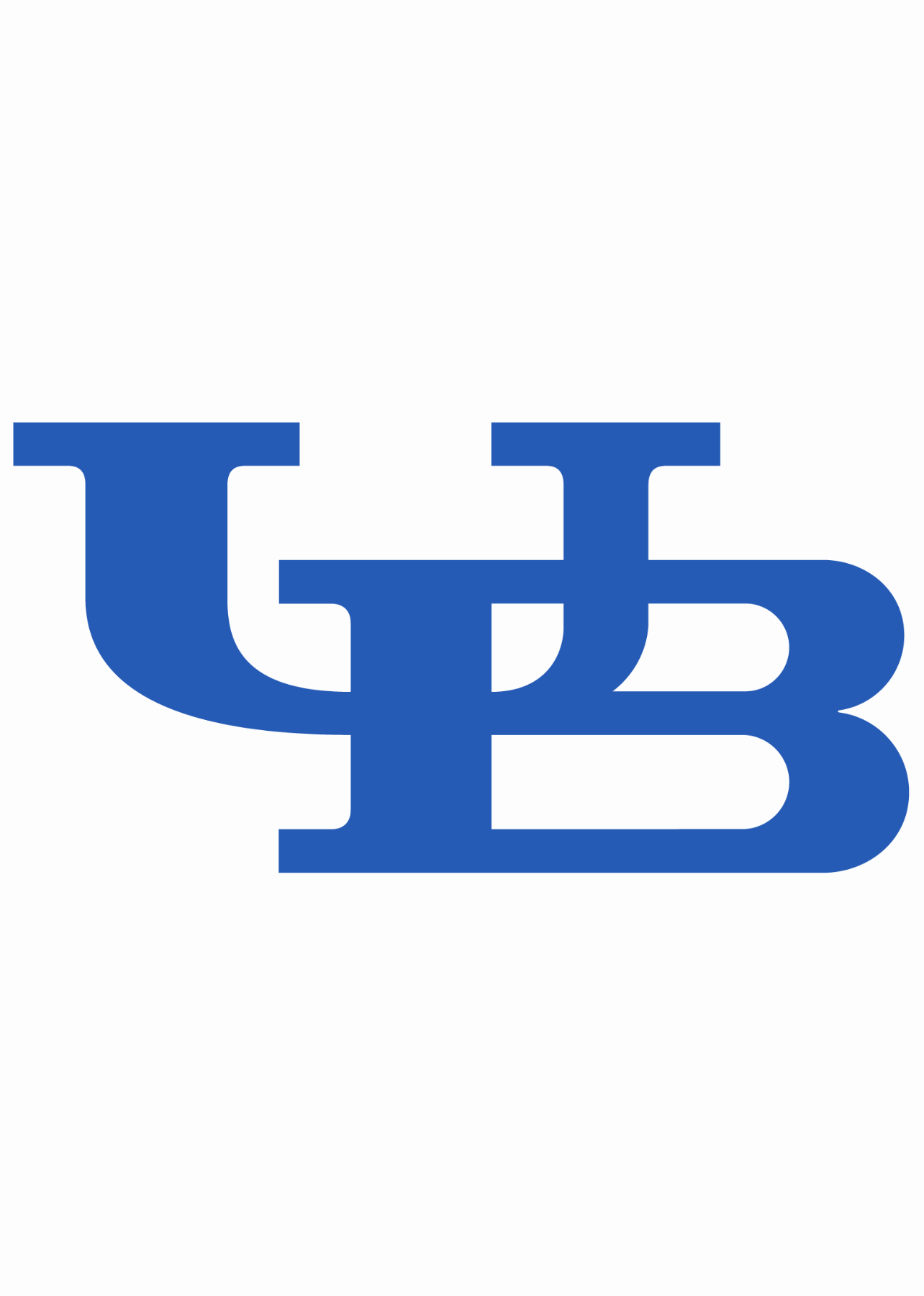
University at Buffalo
Intelligent Score: 97.27In-state: $7,070
Out-of-state: $24,740
In-state: $11,310
Out-of-state: $11,310
SAT: 1140-1310
ACT: 23-29
Resident: $471
Non-Resident: $1,011
Online, On-Campus
Council for Accreditation of Counseling and Related Educational Programs
60

Ottawa University
Intelligent Score: 95.68In-state: $29,980
Out-of-state: $29,980
In-state: $15,576
Out-of-state: $15,576
SAT: 750-990
ACT: 18-22
$635
Online, On-Campus
National Addiction Studies Accreditation Commission
36
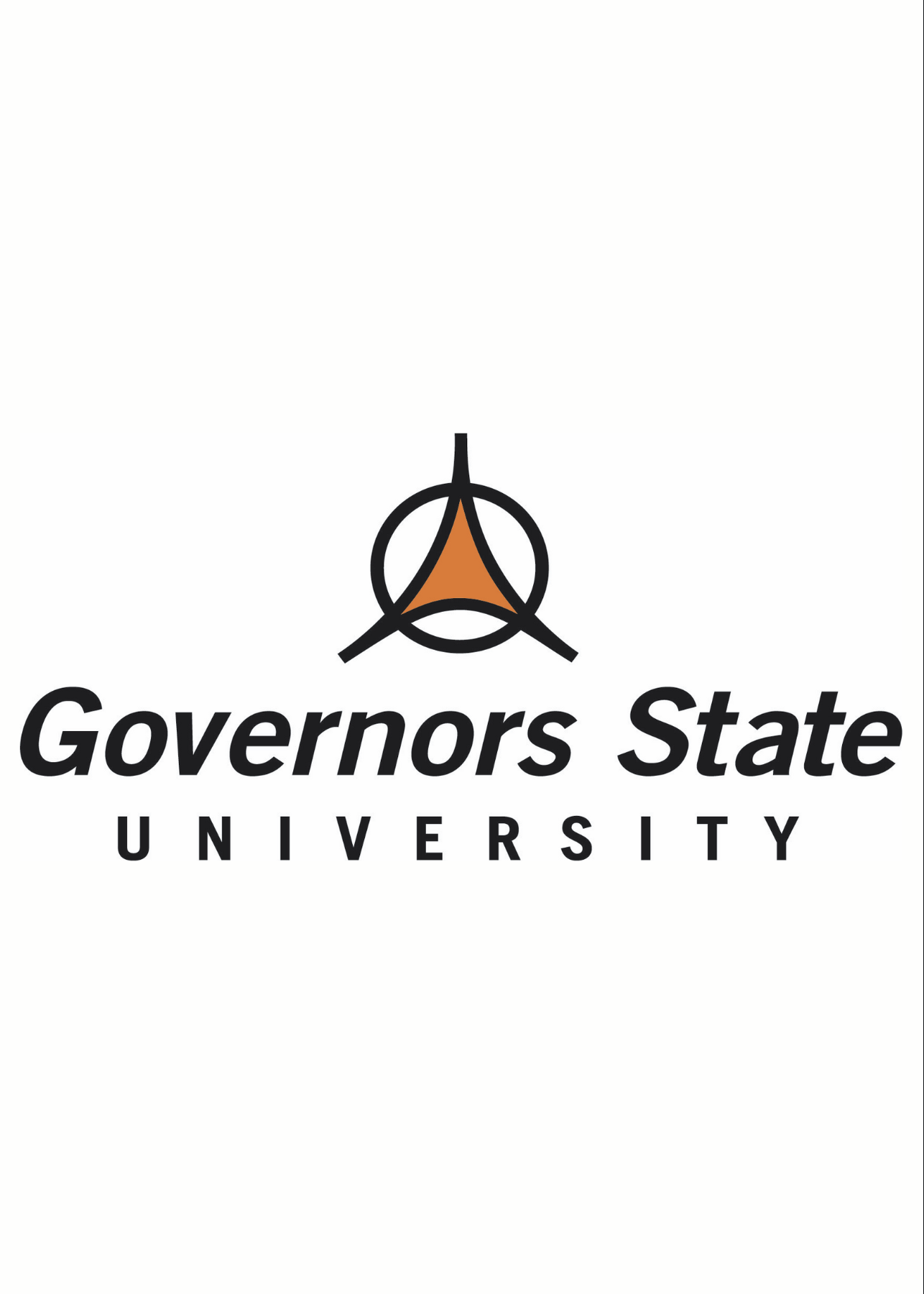
Governors State University
Intelligent Score: 94.65In-state: $7,512
Out-of-state: $15,024
In-state: $6,354
Out-of-state: $6,354
SAT: 830-1050
ACT: 17-21
Resident: $383
Non-Resident: $766
Online, On-Campus, Hybrid
National Addiction Studies Accreditation Commission
32

Indiana Wesleyan University
Intelligent Score: 94.64In-state: $28,184
Out-of-state: $28,184
In-state: $13,512
Out-of-state: $13,512
SAT: 1010-1200
ACT: 21-27
$602
Online
Higher Learning Commission
48
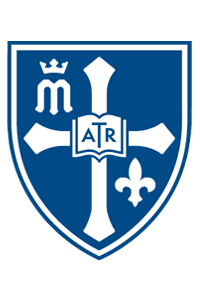
Assumption University
Intelligent Score: 90.69In-state: $64,870
Out-of-state: $64,870
In-state: $23,240
Out-of-state: $23,240
SAT: 1090-1238
ACT: 22-27
$850
Online, Hybrid
Council for Accreditation of Counseling and Related Educational Programs
60
How to Choose an Online Master’s in Addictions and Recovery Program
Choose your area of study
This degree is available in several different formats, such as Master of Social Work (MSW), Master of Science (MS), and Master of Arts (MA). Depending on the program, a master’s in addictions and recovery may be available as a standalone degree, or it might only be available as a concentration within another major (e.g., an MA in psychology with a concentration in addictions and recovery).
If you already know what you would like to do after you graduate, look for programs that closely match these career goals. For example, those who plan to become social workers should apply to MSW programs, while those who want to become counselors should look for programs with a major counseling component.
Research schools and programs
You should only consider institutions that have been approved by a DOE-recognized regional accrediting organization, such as the New England Commission of Higher Education or Northwest Commission on Colleges and Universities. These organizations evaluate schools to ensure they provide students with a high-quality education. Those who attend a school that isn’t regionally accredited may be unable to access financial aid or transfer credits to another institution if needed.
Ideally, your master’s in addictions and recovery program will also be accredited by a respected industry group like the Council for the Accreditation of Counseling and Related Educational Programs (CACREP) or National Addiction Studies Accreditation Commission (NASAC).
Also, look for answers to questions like:
- How do former students review the program?
- What credentials do faculty members have?
- Do the programs offer practicum or internship experiences?
- What is the graduation and placement rate?
To learn more about any schools that you’re interested in, you can visit the school’s website, contact an admissions counselor, follow the school on social media, or attend an in-person or virtual open house.
Prepare for tests and applications
Application requirements vary by school and program. Students can benefit by implementing methods to stay organized and documenting progress. One of the first steps is determining if the master’s degree program requires the Graduate Record Exam (GRE) and, if so, the deadline to submit test results. Some schools may require the GRE subject test in psychology for its counseling program.
Online master’s in addictions and recovery degree programs typically ask for the following to supplement an application:
- Application fees
- Resume
- Undergraduate transcripts
- Letters of recommendation
- Personal statement
Some documents, like official transcripts and test results, must be originals sent directly to the admissions department.
Before submitting an application, always contact an admissions counselor to ensure you have the most accurate information regarding requirements and deadlines.
Select your program
Application fees are non-refundable, so applying to multiple schools can be costly and stressful. Students may want to apply only to their top choices or contact program representatives to see if they can waive the fees for the master’s degree in addictions and recovery program.
Students can further narrow options based on benefits such as hands-on experiences, flexibility, accessibility to faculty, and online student services.
Before making your final decision, review your needs and goals again. Do you plan to attend school full-time or part-time? Are you only interested in 100% online programs, or are you fine with a hybrid program that has a few in-person requirements? Some programs offer asynchronous courses, which can be completed at your own pace, while others only offer synchronous courses, which involve remotely attending lectures and completing assignments at the same time as other students — which of these two online learning formats do you prefer? Your school should accommodate your scheduling needs and learning preferences.
Determine how you’ll pay for your online master’s in addictions and recovery degree program
74% of graduate students receive financial aid. Students should connect with their school’s financial aid office to explore potential ways to fund their education, such as:
- Work-study or co-op programs
- Fellowships or assistantships
- Grants
- Scholarships
A financial aid officer can help students begin the Free Application for Federal Student Aid (FAFSA), which will collect income data and connect students with financial programs they qualify for. Those who already work in the field should see if their employer offers tuition assistance benefits as well.
What Can You Expect from an Online Master’s in Addictions and Recovery Program?
Most master’s-level programs require 30 or more credit hours. When attending full-time, which consists of 12 credit hours per semester, students can usually finish in two years. Part-time students will likely need an extra year to complete the program.
Some online master’s in addictions and recovery degree programs offer an accelerated option for those who can handle more than a full course load in a semester, allowing students to earn their degree in 18 months or less.
Master’s-level students in addictions and recovery programs typically have requirements other than courses, including one or more of the following:
- Practicum
- Internship
- Thesis and oral presentation
- Final exam
Practicums help students gain real-world experience working under the supervision of a licensed professional. Students can choose from various settings, such as dual diagnosis treatment centers, outpatient counseling agencies, inpatient hospitals, and schools.
Potential courses you’ll take in an online master’s in addictions and recovery degree program
- Ethics in Addictions and Recovery Counseling. All counselors must follow legal and ethical guidelines when providing therapy services. In this class, students learn about boundary setting, conflicts of interest, confidentiality, and making good decisions. Not following ethical codes could affect a person’s recovery.
- Relapse Prevention. Students will learn the risk factors for relapse and counseling tools and techniques to help clients avoid relapse. Some topics explored include cognitive restructuring, identifying triggers, improving coping skills, and building a support system.
- Pharmacology. Students learn about the substances misused by those with a substance use disorder and how they affect the body. They learn potential consequences, interactions, and adverse effects. Finally, students learn how prescription drugs can treat addiction.
- Group Counseling. This course covers group dynamics and how they can help the recovery process. Students learn various group counseling techniques and how to run a group program. Topics include active listening, body language, behavioral therapies, and the stages of group counseling.
- Assessment and Referral. Students learn the various diagnostic tools to use when conducting a biopsychosocial assessment to find the proper treatment for a client. This class covers the levels of care, how addiction affects family and friends, and how to handle resistant clients.
What Can You Do With an Online Master’s in Addictions and Recovery?
Career outlook
The career outlook for individuals with an online master’s in addictions and recovery is promising. With the growing recognition of addiction as a critical public health issue, there is a rising demand for trained professionals in this field.
Indeed, graduates with an online master’s in addictions and recovery can pursue diverse career paths, including substance abuse counseling, clinical supervision, addiction research, program coordination, education, and advocacy roles. These occupations offer the opportunity to make a meaningful impact on individuals and communities struggling with addiction.
Here are a few common career choices for those with this level of education:
- Substance abuse, behavioral disorder, or mental health counselor — Evaluate the mental and physical health of clients, recommend treatment plans, and monitor progress.
- Median annual salary: $49,710
- Projected employment growth (through 2032): 18%
- New job openings projected: 42,000 annually
- Social worker — Help individuals and families deal with problems in their everyday lives, such as health, behavioral, and financial issues.
- Median annual salary: $55,350
- Projected employment growth (through 2032): 7%
- New job openings projected: 63,800 annually
- Marriage or family therapist — Help clients work through issues in their family or relationship dynamics.
- Median annual salary: $56,570
- Projected employment growth (through 2032): 15%
- New job openings projected: 5,900 annually
Online Master’s in Addictions and Recovery Degree Frequently Asked Questions
How do I apply for an online master's in addictions and recovery degree program?
The application process for an online master’s in addictions and recovery starts with an application plan. Make a checklist that includes the name of the school, the program, and application deadlines. It is helpful to have a separate checklist for each school containing the specific items to submit, which can include the following:
- GRE test results
- Letters of recommendation
- Undergraduate transcripts
- Resume
- Personal essay or statement
Request help to create a checklist by contacting an admissions counselor at your preferred school. They can verify submission deadlines and provide tips for completing a quality application.
How much does an online master's in addictions and recovery degree cost?
After speaking with the admissions department, contact the university’s financial aid department. A financial aid counselor can assist in applying for numerous assistance programs.
Costs include more than the base tuition. There are additional fees to consider, including technology, library, student services, textbooks, and activities. Some schools offer a discounted tuition rate to students who attend full-time. Also, consider any expenses a student pays to help them attend a master’s program, like childcare.
How long does it take to earn an online master's in addictions and recovery degree?
The time a student commits to an online master’s in addictions and recovery program determines how long it will take to graduate. Part-time students will need more time than full-time or accelerated program students. Another factor affecting the timeline is how many credits the graduate program requires, which can range from 30 to 48.
Is an online master’s in addictions and recovery worth it?
An online master’s degree in addictions and recovery can be worth it for individuals who want to make a difference in the lives of others and help those struggling with substance abuse. Earning a master’s degree in this field opens the door to leadership positions and higher-paying jobs. Graduates can pursue careers as clinical supervisors, addiction researchers, or other positions that command competitive salaries.
An online master’s degree provides in-depth knowledge of addiction psychology, counseling techniques, and evidence-based interventions, allowing graduates to become experts in the field and better equipped to understand and address complex addiction issues.
Online programs offer a high level of flexibility in terms of scheduling and location, allowing students to balance their education with work and personal commitments. This is particularly beneficial for professionals who are already working in the field. The knowledge and skills acquired through online education can prepare graduates for remote counseling or telehealth roles, which are becoming increasingly important in today’s digital world.
Read More about Online Master’s in Addictions And Recovery Degrees
Compare School Options
Related Degrees
- Behavioral Psychology
- Educational Psychology
- Human and Family Development
- Substance Abuse Counseling
- Addictions and Recovery
- Psychology
- Psychology Program
- Counseling
- BCBA Master's Programs
- School Counseling
